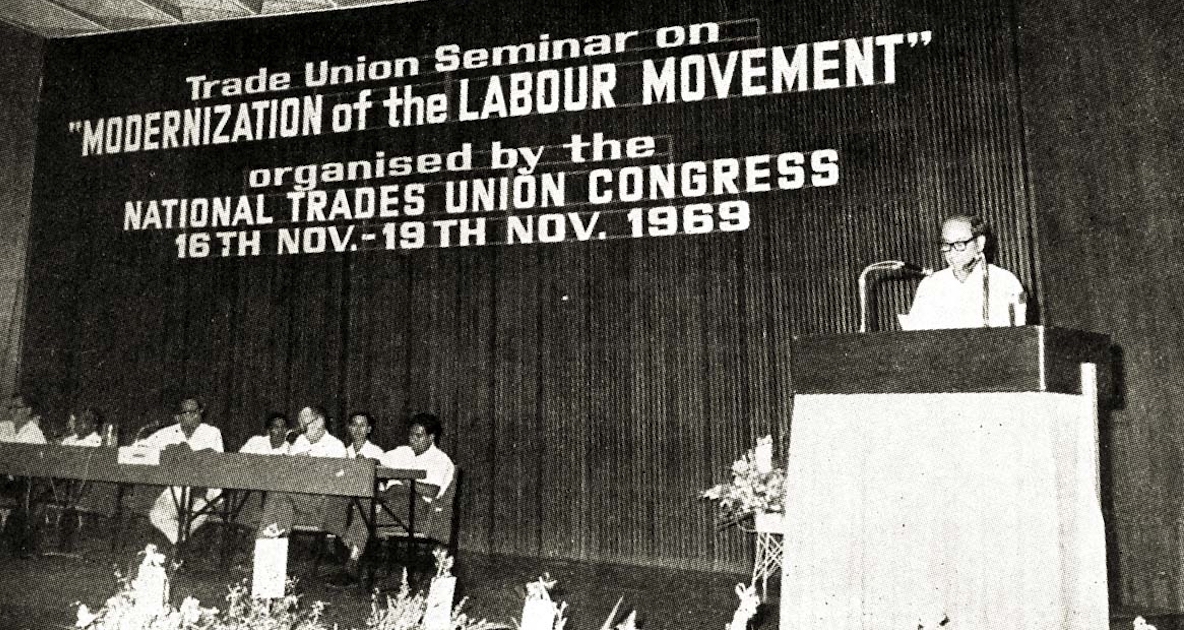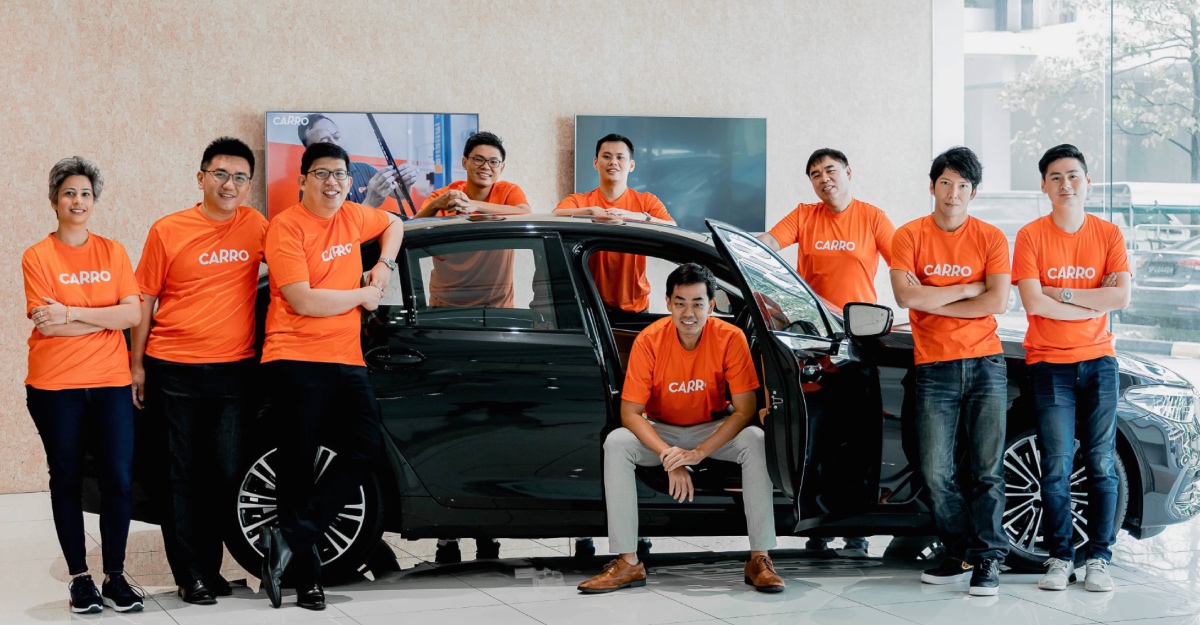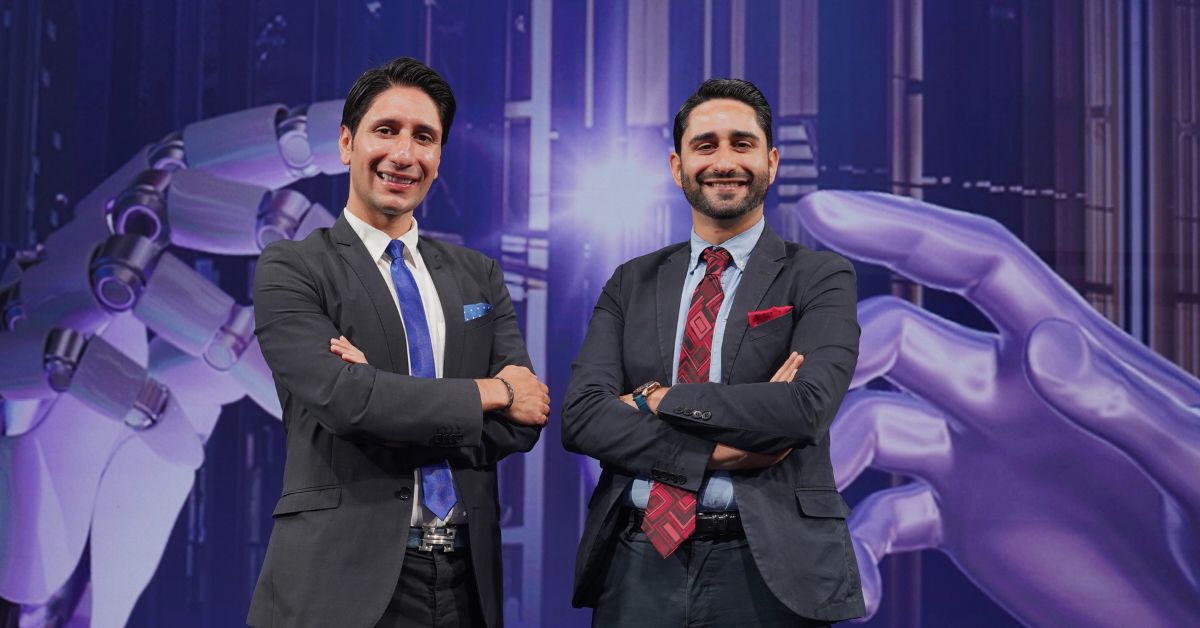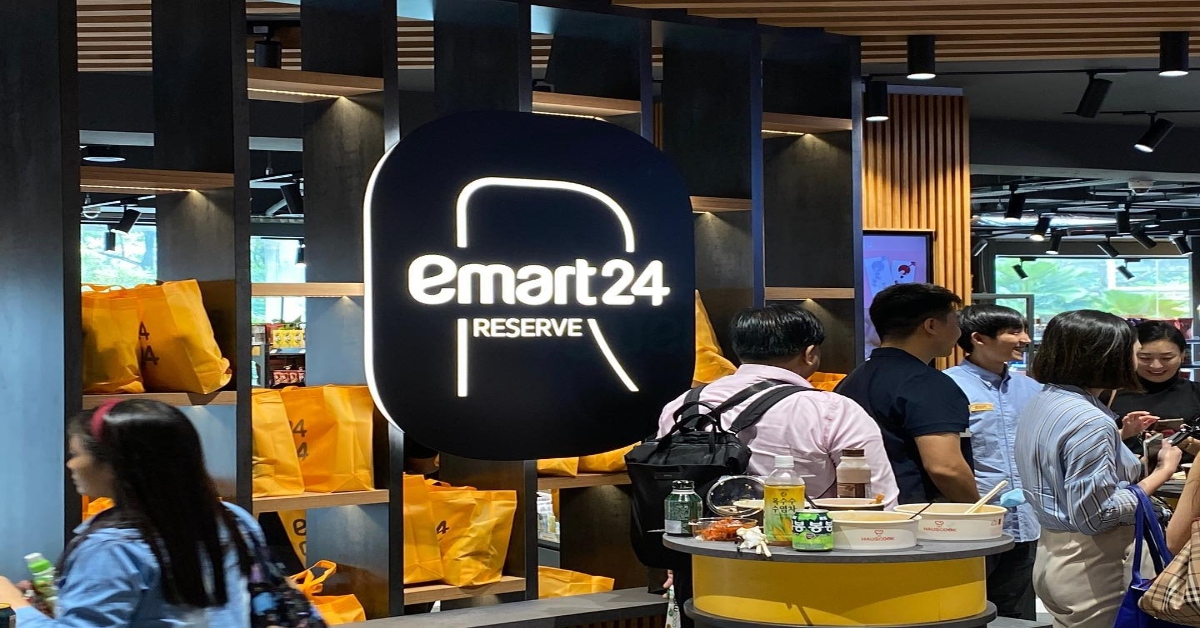[Editor’s Note: Article has been updated on 30 April 2021 to reflect the latest changes in Singapore’s Labour Movement]
It’s Labour Day! Singapore’s Labour Movement kickstarted its more than month-long celebration for workers with its annual May Day Awards on 28 April 2021 which conferred top May Day honour on DPM Heng Swee Keat.
This was followed by a May Day media sharing session by NTUC’s secretary-general Ng Chee Meng on April 29 and then the May Day Rally on May 1.
But how much do you know about Singapore’s Labour Movement? Do you even know why May Day or Labour Day is such an important event? Why do unionists call one another brothers and sisters? Can PMEs join the unions?
This Government will always be on the side of workers. This was Mr Lee Kuan Yew’s promise right from the start.
– Lee Hsien Loong in a Facebook post for May Day Rally 2015
Here are 10 interesting facts about the Labour Movement that you probably didn’t know.
1. Why May Day Is So Important To The Labour Movement

We all know that the first of May, otherwise known as May Day or Labour Day, has always been a public holiday. It’s something we learnt growing up, and that this is one public holiday that’s got nothing to do with racial or religious celebration.
But what is the history behind Labour Day, really? And why is it so important to the Labour Movement?
In the late nineteenth century, the working class was in a constant struggle to fight for eight-hour work days. Working conditions were really bad, and people were working 10 to 16 hours a day, as well as under unsafe conditions.
It took a long time, with numerous protests and a bloody Haymarket Affair in 1886 for workers to really push through with the eight-hour work day system.
Since then, May Day (or Labour Day) has been a day of special significance for organised (i.e. unionised) workers around the world, as it serves to remind everyone of what their collective strength has achieved for workers.
By making it a public holiday, the Government of Singapore intended it to be a day that’s set aside in honour of workers and their contributions to the country.
Read more here.
2. Lee Kuan Yew Began His Political Career By Working With Unions

Everyone knows that the late Lee Kuan Yew first started out as a lawyer back in the 1960s. But what most people don’t realise is that Mr Lee first began his political career by working with local unions.
While employed at a law firm, Mr Lee acted as the legal advisor to the Postal and Telecommunications Uniformed Staff Union, fighting for better terms and pay.
According to an article written by Mr Lee himself:
In February 1952, the President, Secretary, and several committee members of the Postal and Telecommunications Uniformed Staff Union looked for me. Amongst them was P Govindaswamy. The union was about to go on strike and needed someone to advise it, about its rights and duties, and to draft its press statements. I became their legal adviser to negotiate a settlement.
… After three weeks of negotiations, the 500 postmen and their uniformed senior ranks, up to Inspector of Postmen, went back to work with every one of their demands conceded in full or in part. I had been seen as a radical but effective spokesman for the workers and a successful negotiator for the Union. These postal workers and their families were the first supporters to line up behind the PAP.
– Lee Kuan Yew
Then a young lawyer, Mr Lee successfully represented the union in an arbitration case over a wage dispute, resulting in nearly 1,000 clerks receiving 28 months’ back pay.
The workers were so grateful that they presented a pair of Rolex watches for Mr and Mrs Lee. The watches had been in separate collections for decades and were only “reunited” when they were on display together for the first time at NTUC’s ReUnion exhibition in 2019.
Lee Kuan Yew went on to advise the Naval Base Labour Union in 1952, the clerical workers in the postal and telecommunications services who threatened to go on strike in 1954. Both situations ended peacefully in an arbitration, and the demands of the unions were met.
By the time he led the PAP into Singapore’s first elections, his close ties with the unions and workers were already deeply rooted. This formed the foundation and his conviction of always remembering to serve workers well as they were, and still are, the bedrock of Singapore’s economic growth.
3. Hey, We’re All Brothers and Sisters!

If you’ve attended a May Day rally or any union event before, you would realise that many union members refer to each other as “brother” and “sister”.
No, this isn’t a religious sect that you’ve stumbled into — “brother” and “sister” are actually traditional union salutations, used to create solidarity and a reminder that everyone in the working class are in the same boat. It also serves to remind workers to support one another beyond their own individualism.
Like other trade unions from yesteryears, the Singapore Labour Movement used to employ the term “comrades”, but they have since adopted the terms “brother” and “sister” instead. Even PM Lee is referred to as Brother Lee!
Talk about being part of a huge family.
4. Strikes Aren’t Illegal In Singapore: Hydril and Eagle Services

This is a common misunderstanding, but strikes are actually not illegal in Singapore.
Strikes are also not necessarily the violent and society-harming movements that needlessly disrupt countries, but can be peaceful disruptions that help motivate change when all other methods have been exhausted. In most cases, strikes are the last weapon unions resort to when all else fails.
In 1986, Ong Teng Cheong, then-Secretary General of NTUC, sanctioned a strike in the shipping industry. While it was organised without the cabinet’s approval, the Hydril Strike was a successful and peaceful one that eventually helped workers in the shipping industry have their needs met.
In an interview between Ong Teng Cheong and Adweek back in 2000, he explained why he believed the strike was a good move:
I did not even tell the cabinet about sanctioning the strike. And some of them were angry with me about that. The minister for trade and industry was very angry, his officers were very upset. They had calls from America, asking what happened to Singapore? — we are non-strike.
I said: if I were to inform the cabinet or the government they would probably stop me from going ahead with the strike. It only lasted two days. Then all the issues were settled. It showed that management was just trying to pull a fast one. So I believe what I did was right.
Ong Teng Cheong went on to become the President of Singapore from 1993 to 1999.
While independent Singapore can’t claim to be strike-free, the Hydril strike he sanctioned shows how successful strikes can be when legitimised and approached through appropriate avenues. More importantly, it showed that the Labour Movement always has the workers’ interests at heart, and would pull no punches if the occasion calls for it.

In a more recent memory, a strike nearly happened at Eagle Services Asia Pte Ltd, an aircraft maintenance, repair and overhaul company in 2020.
What happened was that the unionised company made a unilateral decision to inform workers that they were set to be retrenched even though negotiations with the unions were ongoing.
NTUC and the three unions involved in the discussions — the Air Transport Executive Staff Union, the SIA Engineering Company Engineers and Executives Union, and Singapore Airlines Staff Union — felt that the firm’s action was unacceptable because they were still in the midst of talks.
NTUC’s Secretary-General Ng Chee Meng then authorised the unions to conduct a secret ballot seeking to sanction legal industrial action, if it was deemed necessary. There was ultimately no need to execute this action, because the parties eventually agreed upon satisfactory terms of the retrenchment exercise.
Read more about the role of trade unions and whether strikes are legal here.
5. Unions Are Not Just For Rank-And-File Workers, But PMEs Too

We know how Singapore’s unions are able to stand for specific sectors and workers, like, cleaners, seamen or shipyard workers and taxi drivers, but what about Professionals, Managers and Executives (PMEs)?
With the amendment to the Industrial Relations Act that took effect from 1 April 2015, Singapore’s unions are able to represent PMEs to make sure that their employment rights are protected as well.
It’s obvious to see that the labour movement wants to do more for the PMEs. Back in October 2020, NTUC set up a PME Taskforce to champion protection of local PMEs.
Since its formation, the PME Taskforce has surveyed and engaged some 8,000 PMEs across different age groups to understand their concerns and needs.
In the May Day media sharing on 29 April 2021, NTUC’s Secretary-General Ng Chee Meng said that in particular, top concerns for the vulnerable PMEs (40s and above) were related to job security and lack of employment opportunities, which they believe are due to their age.

The labour chief sent a strong message that a larger base gives NTUC a louder and stronger voice to represent PMEs to make real changes.
Only with a larger base and louder voice, can we effectively represent and protect you, to resolve issues that are close to your heart.
Ng Chee Meng talked about the things that NTUC has already been doing, but stressed that more needs to be done. A stronger collective voice is necessary for better protection and representation.
And yes, in case you still didn’t know, PMEs can join unions too.
If I have no members, I cannot represent you in the company, I cannot represent you legally.
Some interesting ideas Ng Chee Meng shared during the media sharing include:
- To ring-fence certain jobs or jobs in certain sectors to secure more employment opportunities for mature PMEs
- To work with HR practitioners to improve HR standards to ensure fair employment for mature PMEs
- To explore ways to provide safety net, such as transitionary support or even unemployment insurance, for those who are involuntarily unemployed
So fellow PMEs, NTUC wants us to know they have our back! Sign up here.
6. NTUC’s Ecosystem Extends Beyond Rank-And-File, PMEs To Include Freelancers And Self-Employed
Much has changed in our employment landscape in recent years. More people are aspiring to be bosses of their own lives, including work-lives, hence the pool of freelancers and self-employed is a growing one.
The Ministry of Manpower has estimated that there are over 200,000 of such workers, or nearly 10 per cent of our resident workforce.
The year 2020 also saw the world hit by the COVID-19 pandemic, and the situation is so dire many have described it as the crisis of a generation. Many businesses have closed or are forced to cut down on manpower, and some people who have lost their jobs are also turning to jobs like private hire vehicle drivers and food delivery riders.

2020 was also the year that saw the labour movement focus substantial resources to support the freelancers and self-employed (FSEs) who were amongst the worst hit by the pandemic.
Other than helping to disburse funds to some 200,000 freelancers and self-employed through the Self-Employed Income Relief Scheme (SIRS), the labour movement also set up two new associations last year. One is for delivery riders, and the other for creative content professionals.
FSE delivery riders will be represented by the National Delivery Champions Association (NDCA), while FSE creatives will be represented by the Visual, Audio, Creative Content Professionals Association (VICPA).
The two associations have been offering cash grants, job and training support as well as free insurance to their members.
7. Unions Care And They Help Workers in Need
While many may think that being part of a union just means getting more benefits or ‘Link Points’, there are actually many situations where unions do step in to help out their members in need.
Abdul Rahim Abdul Latif had been working in the same manufacturing company for 29 years. Over the years, he had progressed to be an Assistant Engineer. He thought he would work in his company for the rest of his life — until Covid-19 hit and the company had to retrench 50 people. He was one of them.
It was a double blow for the man as he was also diagnosed with Stage 4 terminal cancer, so the union and NTUC’s Industrial Relations Officer (IRO) stepped in to help.
They managed to negotiate successfully with the company to extend his medical insurance for another 1.5 years after his last day of service. They also got the company to continue covering Rahim’s medical claims for another 1.5 years.
“What the union did for me is very good,” said Rahim.
And now, NTUC and the union is helping Rahim to find a new job. He has already completed the Employability Camp with e2i, updated his resume, and he’s also adjusted his mindset to embrace changes. All we need now is find a company to give him a chance to start a new job.
Unusual times also call for unusual actions. In the past year, NTUC, together with its affiliated unions, rose to the occasion.
They fought to protect workers’ interests in retrenchment cases and they also introduced job matching services — over 28,000 workers have been matched to jobs so far. There were also different care programmes launched for different worker segments.
8. Ex-NTUC Sec-Gen Lim Swee Say, The Father Of Progressive Wage Model (PWM)

Singapore may not have a minimum wage, but we have the Progressive Wage Model (PWM).
Did you know that the PWM was mooted by the labour movement back in 2012 by then-NTUC Secretary-General Lim Swee Say? This is why he’s dubbed the ‘Father of PWM’.
What is the Progressive Wage Model (PWM)? Well, it’s a wage model that sets out the minimum pay for different job levels in specific industries and pegs wage increases to a skills ladder. Put simply, the PWM mandates that workers be paid a basic monthly wage based on the level of skill they possess.
The initial goal of the PWM is to raise wages for the lowest 10 to 20 per cent of Singaporean wage earners and then eventually roll it out to more or even all sectors. This explains why the PWM was first made mandatory for cleaners, security officers and landscape workers.
In an interview with ex-Straits Times editor Bertha Henson in 2014, Lim Swee Say had said that he personally doesn’t embrace the concept of a minimum wage.
He opined that a minimum wage set too low would not help lift the pay of low-wage workers. But having the minimum wage set too high would make low-wage workers unemployable as companies would find them too expensive.
So has the PWM worked? Senior Minister Tharman revealed last year that low-wage workers in the 20th percentile of the income ladder have seen an increase in wages of close to 40 per cent in real terms over the past 10 years. This remarkable increase can be attributed to the implementation of the PWM in the three sectors.
Many low-wage workers have also benefited from the PWM, covering about 85,000 workers in the cleaning, security and landscaping sectors. According to the Senior Minister of State for Manpower Zaqy Mohamad, it will soon cover up to nearly 218,000 workers, which is more than double of the current number.
NTUC has also successfully lobbied for the PWM to be extended to more sectors, including lift and escalator maintenance sector, waste management sector as well as the food services and retail sectors.
9. Singapore’s Unions Are Not Run By The Government

While NTUC and the Ministry of Manpower (MOM) work closely together to better workers’ lives, unions in Singapore are not governed by the MOM. The registrar of trade unions is staffed by MOM, but unions are actually free entities, and they operate independently to improve the livelihood and welfare of Singapore’s workers.
One of NTUC’s main beliefs, which keeps them working closely with government bodies, is that of Tripartism, the harmonious cooperation of three partners — NTUC, MOM, and Singapore National Employers Foundation (SNEF) — to ensure that Singapore maintains economic competitiveness and harmonious labour-management relations.
The belief that working together would solve issues more efficiently than an antagonistic relationship forms the foundation of Singapore’s Labour Movement. This may not be something that everyone agrees on, but undeniably, the tripartite model has proven to work and has served Singapore well through the years.
As labour chief, Ng Chee Meng too believes that “the trust between workers, employers and the Government that Singapore has built has created win-win situations, with a much bigger pie for both capital and wage gains to grow over the years.”
In an interview with the Straits Times, Ng Chee Meng said that he believes that our “open secret ingredient” of tripartism can be a strength to help Singapore weather the COVID-19 storm.
On why NTUC wants to work with employers, Ng Chee Meng said, “If the company were to fail, what happens to all the rice bowls? Equally shattered.”

On the traditional special bond between NTUC and the People’s Action Party, he said that the unions have always been a “symbiotic partner” with the ruling party, and will continue to be a good partner to ensure that when Singapore is successful, the success is “always shared with our people, our citizens, our workers”.
“That must be the raison d’etre of why we want Singapore to be successful,” he added.
10. NTUC Is Not A Union

While NTUC (National Trades Union Congress) is an important part of the Labour Movement in Singapore, it is however not a union.
Contrary to the myth about how NTUC is the only union in Singapore, NTUC is in fact a federation of trade unions.
NTUC itself does not have union members. Instead, NTUC works closely with trade unions and associations affiliated to it, such as the Singapore Teachers’ Union (STU), the Amalgamated Union of Public Employees (AUPE), the United Workers of the Petroleum Industry (UWPI) and even the National Taxi Association (NTA).
Still, NTUC is at the heart of the Labour Movement, as it works very closely with its affiliated unions and associations to fight for better jobs, better pay and better lives for the workers in Singapore. Notably, it has officials sitting in government to give workers a voice in the process of policy-making.
Currently, NTUC represents over 900,000 workers in Singapore across 59 affiliated unions, five affiliated associations, 12 social enterprises, six related organisations as well as a growing ecosystem of U Associates and enterprise partners.
Featured Image Credit: Why Labour Must Go Modern








